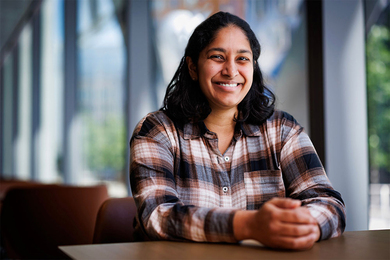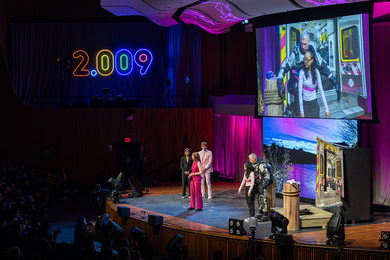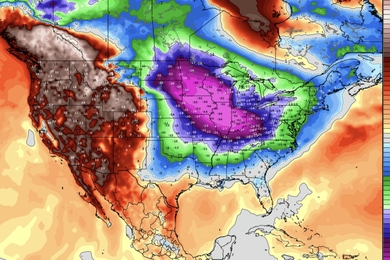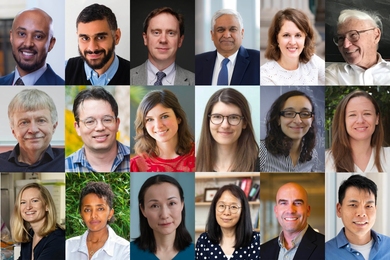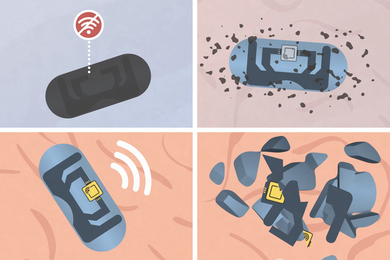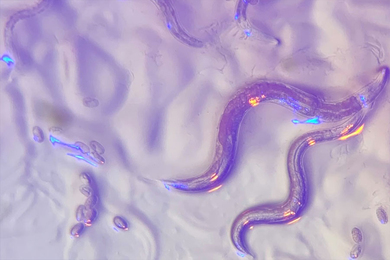Today, May 1, from 4:30-5:30 p.m. in Wong Auditorium, Professor Jonathan Foley of the University of Minnesota will deliver the Kendall Lecture, titled “How Can We Feed a Growing World and Sustain the Planet”
Increasing population and wealth, along with changing patterns of diet and consumption, are placing unprecedented demands on the world's agriculture and natural resources. Today, approximately a billion people are chronically malnourished, even as our agricultural systems are degrading land, water, biodiversity and climate on a global scale.
To meet the world’s future food security and sustainability needs, global food production must grow substantially while, at the same time, agriculture’s environmental footprint must shrink dramatically. In this presentation, I will present possible solutions to this dilemma, showing that tremendous progress could be made by halting agricultural expansion, closing ‘yield gaps’ on underperforming lands, increasing cropping efficiency, shifting diets and reducing waste. Together, these strategies could double the world's food production while greatly reducing the environmental impacts of agriculture.
Learn more at http://eapsweb.mit.edu/events/henry_kendall_lecture
Increasing population and wealth, along with changing patterns of diet and consumption, are placing unprecedented demands on the world's agriculture and natural resources. Today, approximately a billion people are chronically malnourished, even as our agricultural systems are degrading land, water, biodiversity and climate on a global scale.
To meet the world’s future food security and sustainability needs, global food production must grow substantially while, at the same time, agriculture’s environmental footprint must shrink dramatically. In this presentation, I will present possible solutions to this dilemma, showing that tremendous progress could be made by halting agricultural expansion, closing ‘yield gaps’ on underperforming lands, increasing cropping efficiency, shifting diets and reducing waste. Together, these strategies could double the world's food production while greatly reducing the environmental impacts of agriculture.
Learn more at http://eapsweb.mit.edu/events/henry_kendall_lecture
